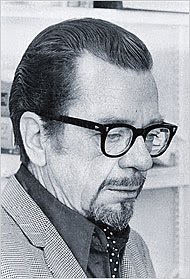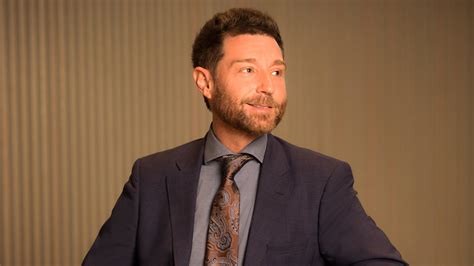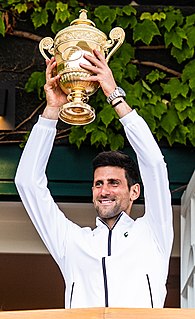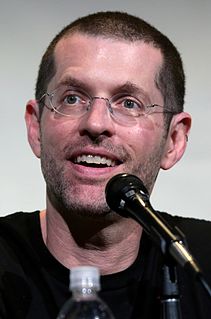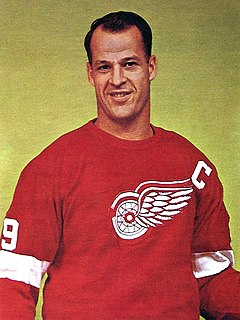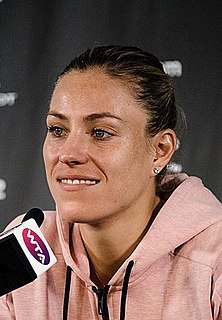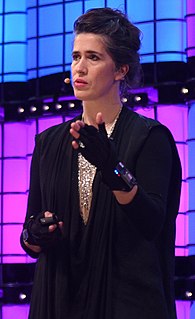A Quote by John Armstrong
Much had he read, Much more had he seen; he studied from the life, And in th' original perus'd mankind.
Related Quotes
We know that the elements in play in a show like 'Confederate' are much more raw, much more real, and people come into them much more sensitive and more invested, than they do with a story about a place called 'Westeros,' which none of them had ever heard of before they read the books or watched the show.
I remember when I wrote a piece, "Blood on the Fields," it was a while ago, it was about slavery and about two characters, and I studied so much of music, I would always go back to the original documents, and as much as I can get original chants and slave chants and different type of beats and rhythms and ring shout.




